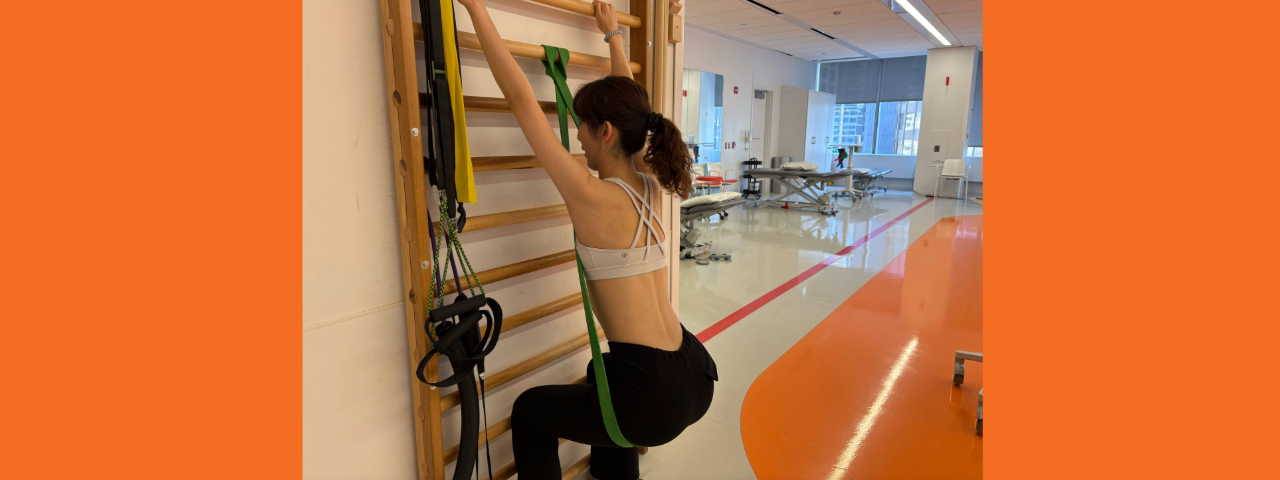Body
The American Stroke Association estimates that 12 million people experience a stroke each year, with nearly 800,000 strokes occurring in the United States alone.
Stroke is a sudden interruption of blood flow to the brain. It causes brain injury and results in impairment or loss of some functions. While stroke is common in older adults, strokes occur in 38 percent of people below age 65, according to the Centers for Disease Control and Prevention.
Read below for an interview with Richard Harvey, MD, clinical chair of the Shirley Ryan AbilityLab Brain Innovation Center, about stroke in younger people:
What proportion of your patients who have experienced a stroke are young people?
Body
Many think a stroke only can happen in older people, but younger people also have strokes. In fact, about one-third to half of my patients are under age 65.
Is there a reason why a stroke might occur at a younger age?
Body
There are many reasons younger people might experience a stroke. Most younger individuals who have had a stroke don’t have hardening of the arteries or atherosclerosis like older people do, but a few do.
Many younger people who experience a stroke have bleeding in their brains from vessel malformations. Others have blood clots form in the vessels of their brains from an arterial dissection — a tear along the inside of an artery.
What does stroke recovery look like in a younger patient?
Body
Younger people have the potential to recover nicely from a stroke because they often are healthy when the stroke occurs, and their tolerance for a vigorous rehabilitation program can be good.
How does stroke rehabilitation differ in younger patients?
Body
Younger people can have different goals in rehabilitation compared to older patients. They may want to return to work, actively care for children, or get back to recreational or competitive athletic activities.
Those who experience a stroke at a younger age should avoid participating in a rehabilitation program geared toward a more elderly population. Rather, they should seek a dynamic program, such as what we offer at Shirley Ryan AbilityLab, that addresses their higher-level goals.
Stroke Therapy at Shirley Ryan AbilityLab
Body
Learn more about Shirley Ryan AbilityLab’s pioneering approach to stroke recovery, which focuses on early, high-intensity therapy — regardless of the type or severity of the stroke — to help patients achieve better outcomes.

